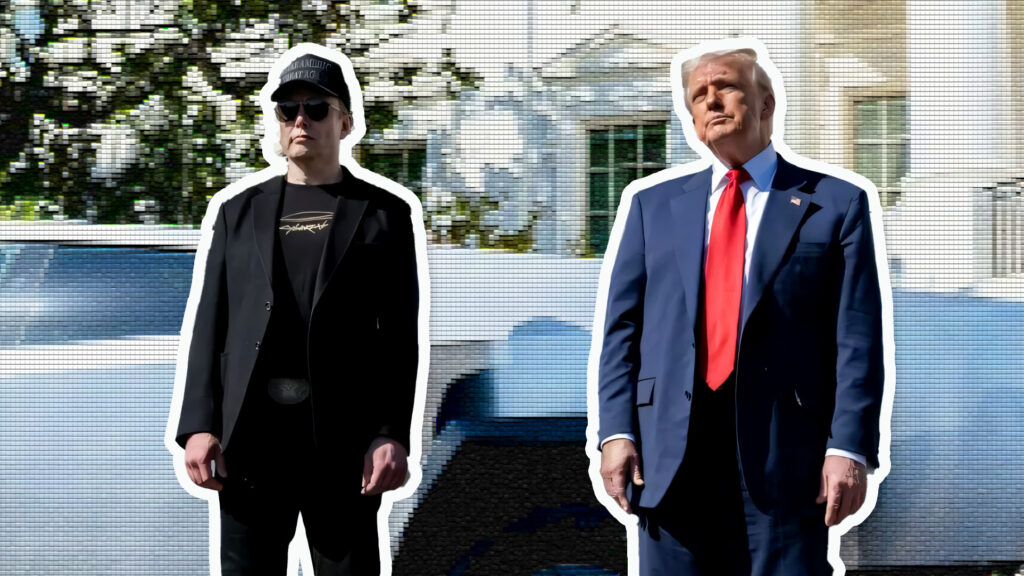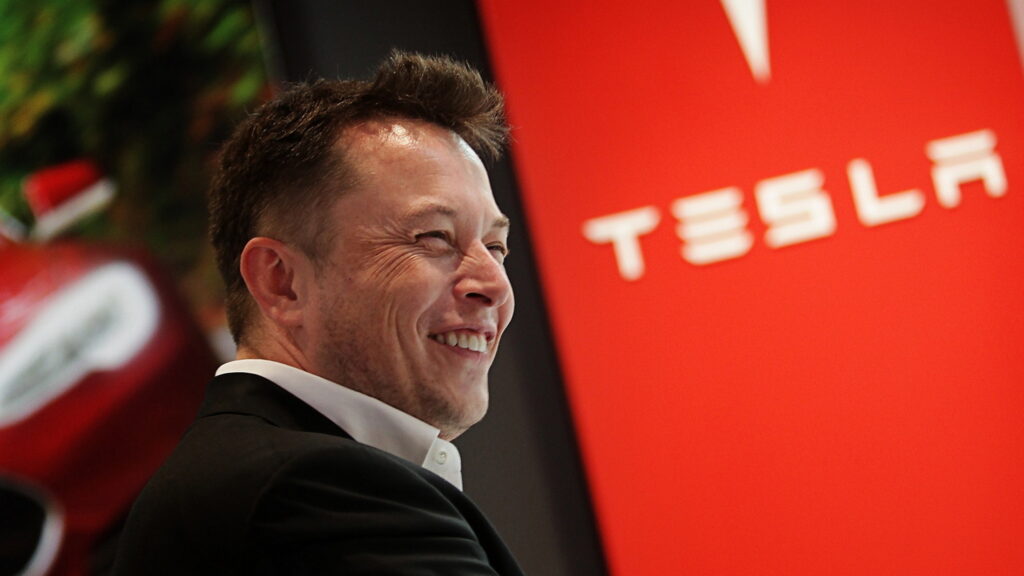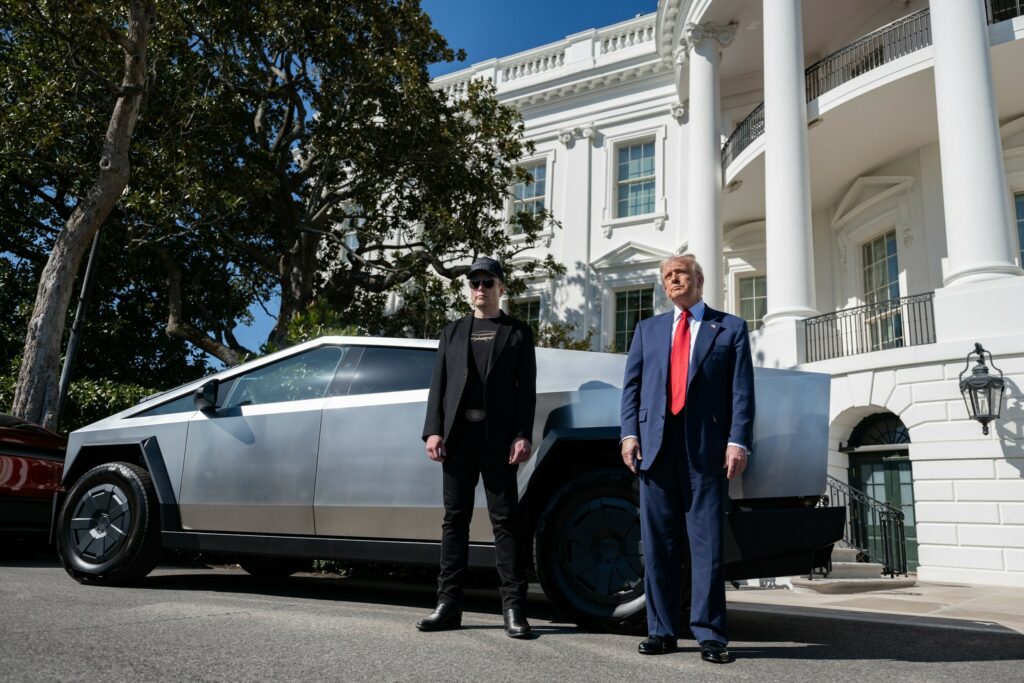The Showdown

The automotive industry has always been at the crossroads of commerce and politics, but the latest exchange between Tesla’s Elon Musk and White House trade advisor Peter Navarro adds a fresh twist to this connection. Navarro recently called Musk a “car assembler,” hinting at what he deemed as a foreign dependency in Tesla’s supply chain. The spat began after Musk suggested a tariff-free trade zone between the U.S. and Europe, an idea that Navarro swiftly dismissed.
Navarro’s Claims

According to Navarro, Tesla relies on parts sourced from various Asian countries like Japan, China, and Taiwan, instead of focusing on American-made components. He argues that a truly American car should have parts made in cities like Akron and Flint. His stance is grounded in the current administration’s tariff policies which aim to bolster domestic production, a move that has caused waves in global markets.
Musk’s Response

Never one to shy away from controversy, Musk quickly responded to Navarro’s comments with a pointed rebuttal. Musk claimed that Tesla produces the most American-made cars—hardly the profile of a mere “car assembler.” Musk tweeted that Navarro’s claims were profoundly misguided, calling them demonstrably false and far from the truth.
Inside Tesla’s Production
In contrast to Navarro’s characterization, Tesla’s manufacturing data tells a more nuanced story. According to research from the Kogod School of Business, Tesla’s Model 3 Performance uses 87.5% domestic parts from the U.S. and Canada. The Model Y and other Tesla vehicles follow closely behind with similar numbers, demonstrating a significant commitment to domestic production. This paints Tesla more as a leader in American-made cars rather than a follower of foreign manufacturing trends.
Impact of Tariffs
Despite Tesla’s significant American manufacturing footprint, it remains one of the loudest critics of U.S. tariffs. These tariffs, designed by Navarro, have not heavily impacted Tesla due to its existing domestic supply chain strength. Yet, Musk’s vocal stance against them is consistent with his advocacy for free-trade policies, a dynamic that often puts him at odds with the current trade philosophy of the White House.
A Domestic Battle
The clash between Musk and Navarro is a fitting reflection of the broader conversation around American manufacturing and global supply chains. While Musk’s Tesla continues to emphasize its domestic production capabilities, Navarro’s remarks underline the complexity of modern automotive supply chains and the ongoing debate over American economic strategy. As both sides hold strong to their positions, Tesla finds itself at the center of a fascinating intersection of industry and politics.
Toyota's Electric Surge
Dodge Charger Tragedy
Ferrari Brings Back Stick
Electric Corvette Unveiled
BMW's Rare Skytop